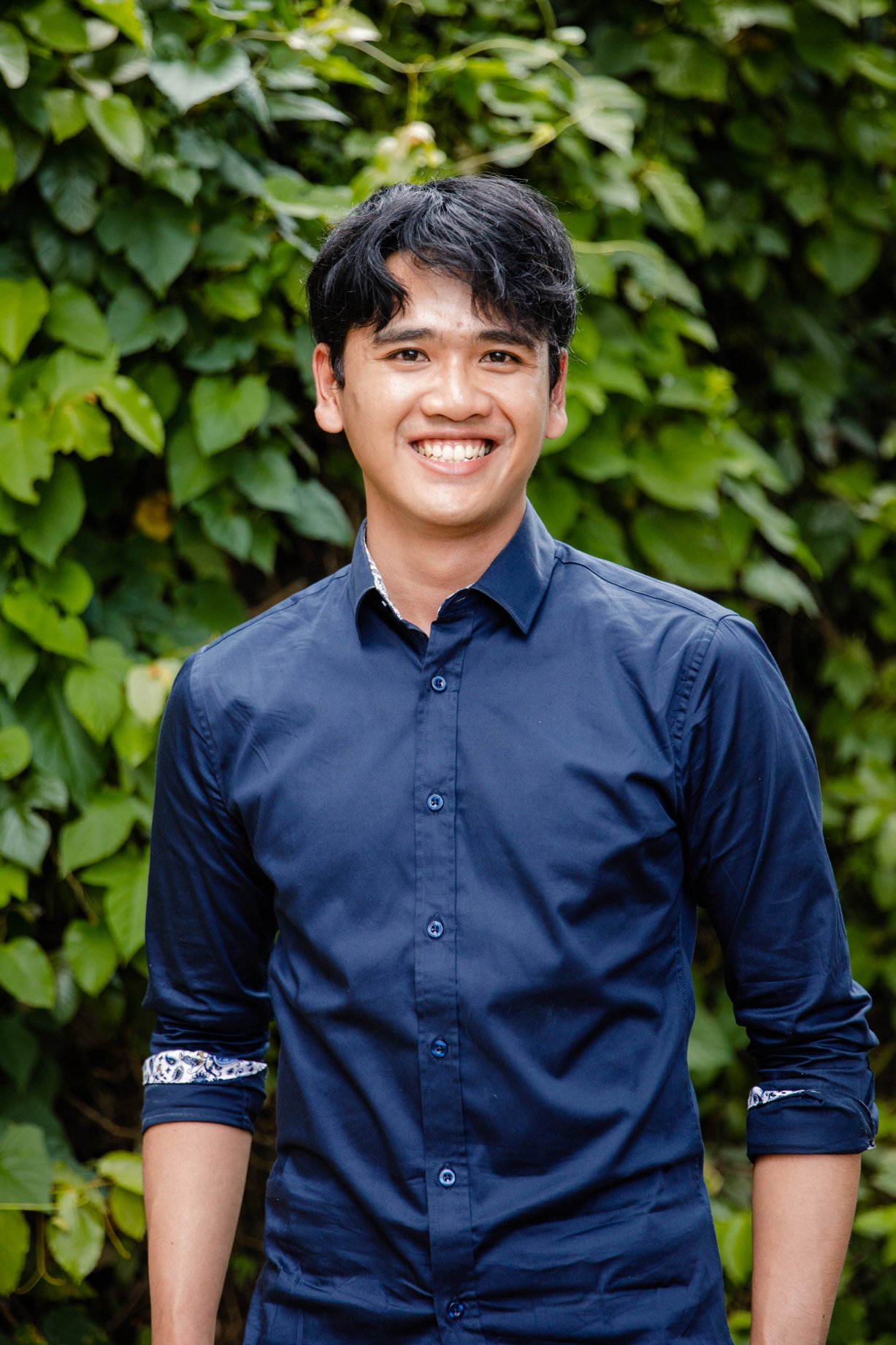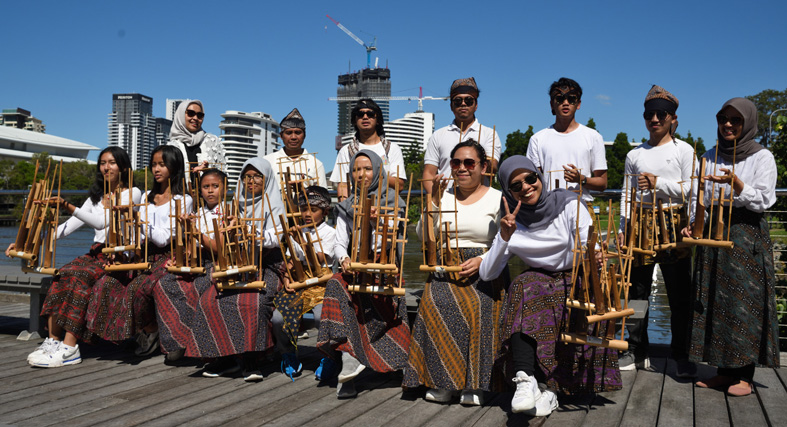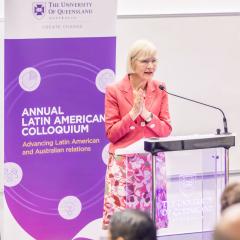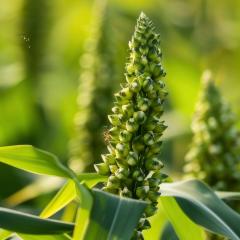Blog post by Muhamad Iqbal Januadi Putra from Indonesia.
 In Indonesia, I worked for the Ministry of National Development Planning (BAPPENAS). I completed a Master of Geographic Information Science at UQ, because geospatial knowledge – as in data that has a geographic component – is really fundamental to helping the Indonesian Government to accelerate its development in various areas: spatial and infrastructure planning, natural resources inventory, environmental management, disaster risk management, and many more.
In Indonesia, I worked for the Ministry of National Development Planning (BAPPENAS). I completed a Master of Geographic Information Science at UQ, because geospatial knowledge – as in data that has a geographic component – is really fundamental to helping the Indonesian Government to accelerate its development in various areas: spatial and infrastructure planning, natural resources inventory, environmental management, disaster risk management, and many more.
And, UQ has one of the best geospatial science courses in the world.
One of my most significant achievements at UQ was that in 2021, I and fellow sponsored student, Evelyn Alicia Gómez Juárez from Mexico, won the International 19th SuperMap Geographic Information System (GIS) Contest in the Paper Category. We represented UQ and presented our research about ‘Shoreline Retreat Forecasting due to Climate Change in North Stradbroke Island, Australia’. We found that areas of the Island, will likely retreat under the effect of climate change.
This was a great opportunity to continue developing our GIS skills and apply them to a real case study. We are hopeful that this technology will be highly useful to understand and tackle a wide range of socioeconomic and environmental challenges that our global societies face today.
While at UQ, I also took on extracurricular work and experience as a teacher assistant on a geospatial course, joined UQ’s Indonesian society, and got involved fully in university life as a research associate at the Centre for Natural Gas.
As a research associate, I provided spatial datasets on the carbon emissions resulting from petroleum and on the mining industry in Queensland’s Northern Bowen Basin. The Bowen Basin has many coal mines and gas power plants, leading to high carbon and methane emission. Understanding the number of methane emitters and the rate of emission in Bowen Basin is critical due to its impact on the environment (and contribution to global warming).
Apart from these experiences, I also actively participated in the Indo Angklung Brisbane Community. This community focuses on introducing Indonesian culture in Brisbane by presenting Angklung's traditional instrument. During my studies at UQ, I have performed several times in various places and events, playing Indonesian and Australian songs with this instrument.

Having the experience of studying in a top 50 university in the world has sharpened my knowledge and practical skills in my field. This experience has also broadened my perspective in geospatial science, including the multidisciplinary field of artificial intelligence, big data, and data analytics.
My experience at UQ has encouraged me to study deeper in my chosen career path.



